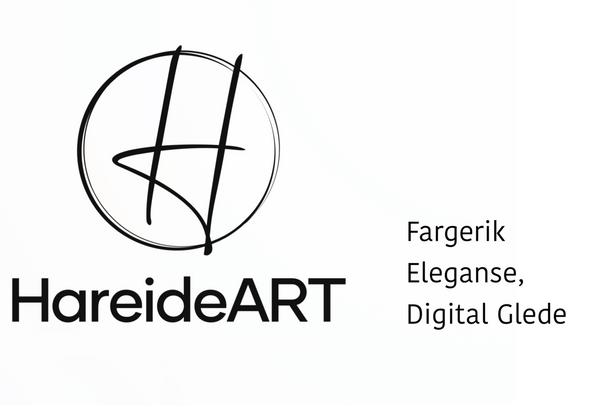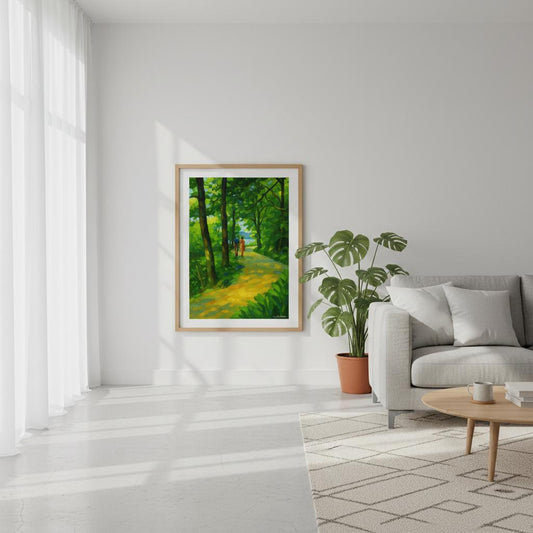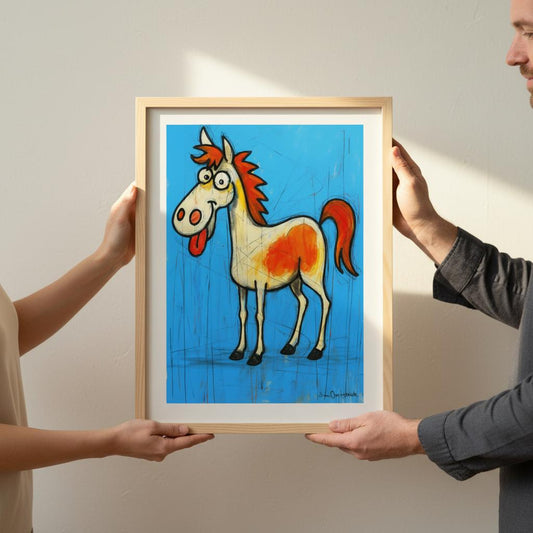Some politicians argue that art and culture can play an important role in the nation's economy, and that artists and cultural workers should be supported to contribute to economic growth and development. Other politicians emphasize art as a source of cultural identity and national heritage, and argue for supporting and preserving art that reflects national and cultural values.
Some politicians may also argue for the role of art as a catalyst for social change and activism, supporting artists and cultural institutions that address social and political issues.
In sum, politicians from different backgrounds and parties can recognize that art and culture have an important role to play in society, and that it is important to support and promote art and culture in order to create a rich and diverse society.
In 2021, Abid Q. Raja was the Norwegian Minister of Culture, and he stated that art and culture have an important role to play in society. Among other things, he has said that art and culture can help build bridges between different people and cultures, and that it is important to support and promote artists and cultural institutions to ensure that art and culture remain a living part of society.
Many promises must wait, but they must be carried out, said Culture Minister Anette Trettebergstuen at a press conference, where the government's proposal for the state budget for 2023 was presented.
Art is important.
Art is important to people for many reasons, and these may differ from person to person. Here are some reasons why art can be important:
- Art is a sanctuary: Art gives us the opportunity to escape from the demands and worries of everyday life, and gives us a sanctuary where we can explore our creativity and imagination. Art can be a place where we can feel free to express ourselves on our own terms, and find inner peace and contentment.
- Art creates recognition: Art can create recognition through portraying situations or feelings that we ourselves have experienced or can relate to in a deep and personal way. Art can also create recognition by reflecting society's attitudes, values and cultural practices, and help us to understand our own position in relation to these.
- Art explores life: Art has always explored and commented on life and its many aspects, from the human condition to the beauty and complexity of nature. Through creating art, we can reflect on existential questions and discover new perspectives and deeper insight into life's many mysteries.
- Expression of feelings: Art gives us the opportunity to express and communicate feelings and thoughts that can be difficult to put into words.
- Art for wonder and learning: Art can stimulate wonder and learning, and help us develop a deeper understanding of ourselves and the world around us.
- Inspiration and creativity: Art can inspire us and trigger our creativity. It can give us new perspectives on the world around us and help us see things in a different way.
- Cultural expression: Art is often an important expression of culture in society. It can give us insight into different cultures and help preserve and continue cultural traditions and history.
- Entertainment: Art can be entertaining and give us a break from everyday life. It can be a source of joy and relaxation.
- Therapeutic: Art can also have therapeutic benefits, and is used as part of therapy processes to help people express themselves, process emotions and improve their mental health.
- Social criticism: Art can be an important channel for social criticism and political activism, and can help raise awareness of social problems and challenges.
- Art reflects the worldview: Art can mirror the worldview and give us an insight into society's attitudes, values and cultural practices at a given time in history.
Art can thus play an important role in our personal development, cultural identity, mental health and society as a whole.


